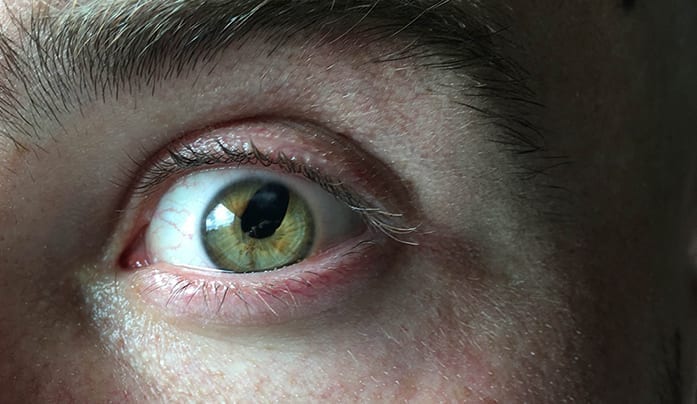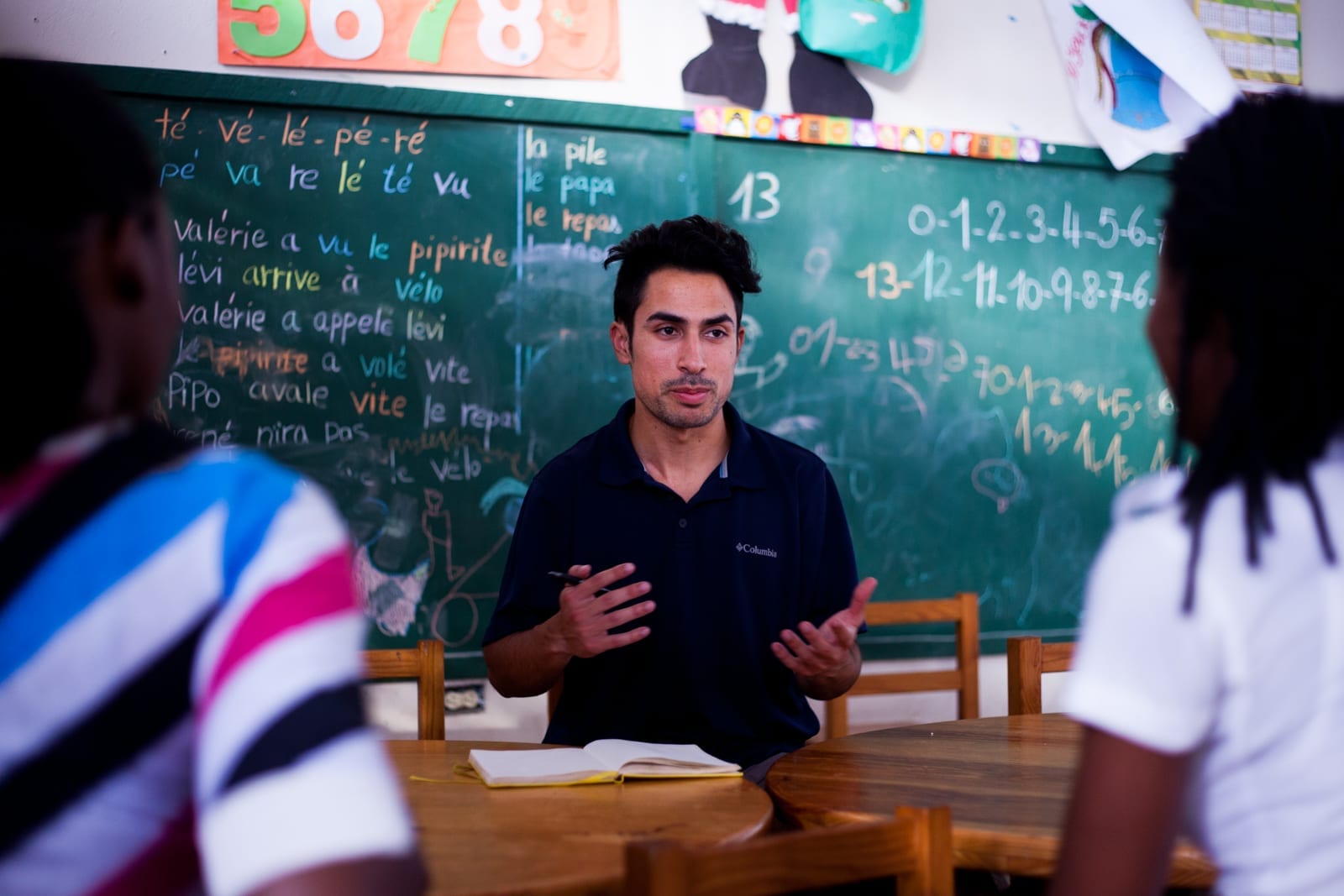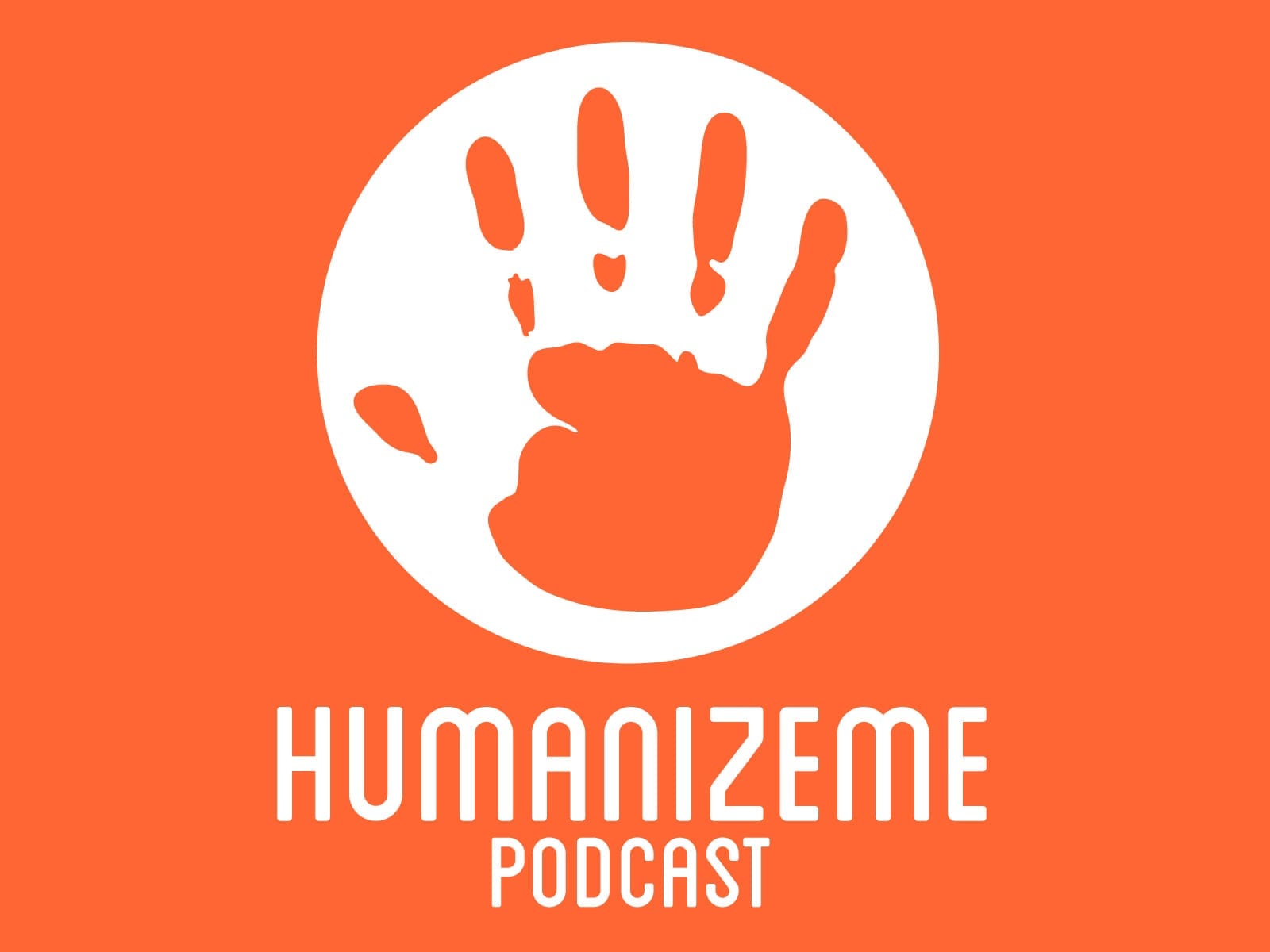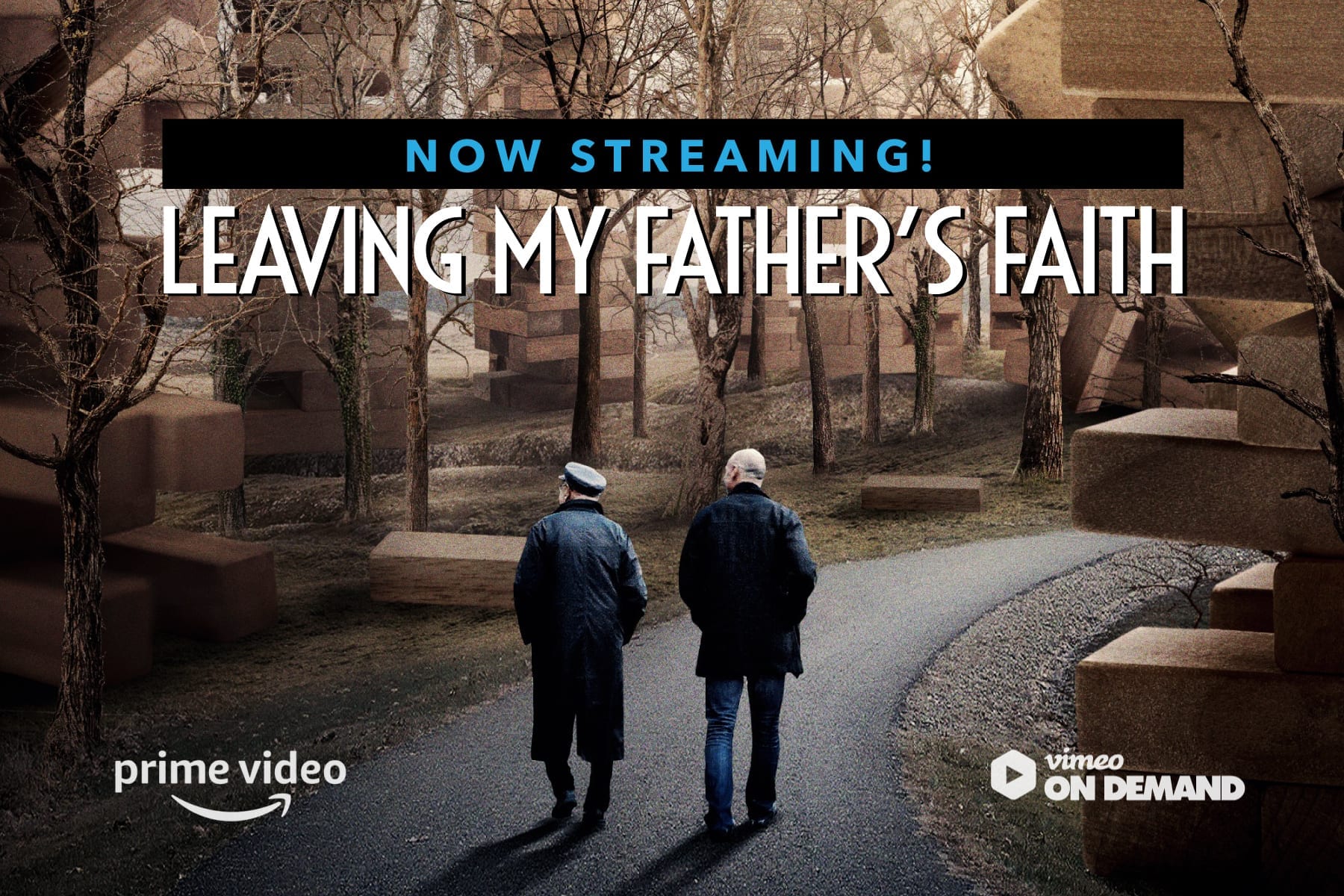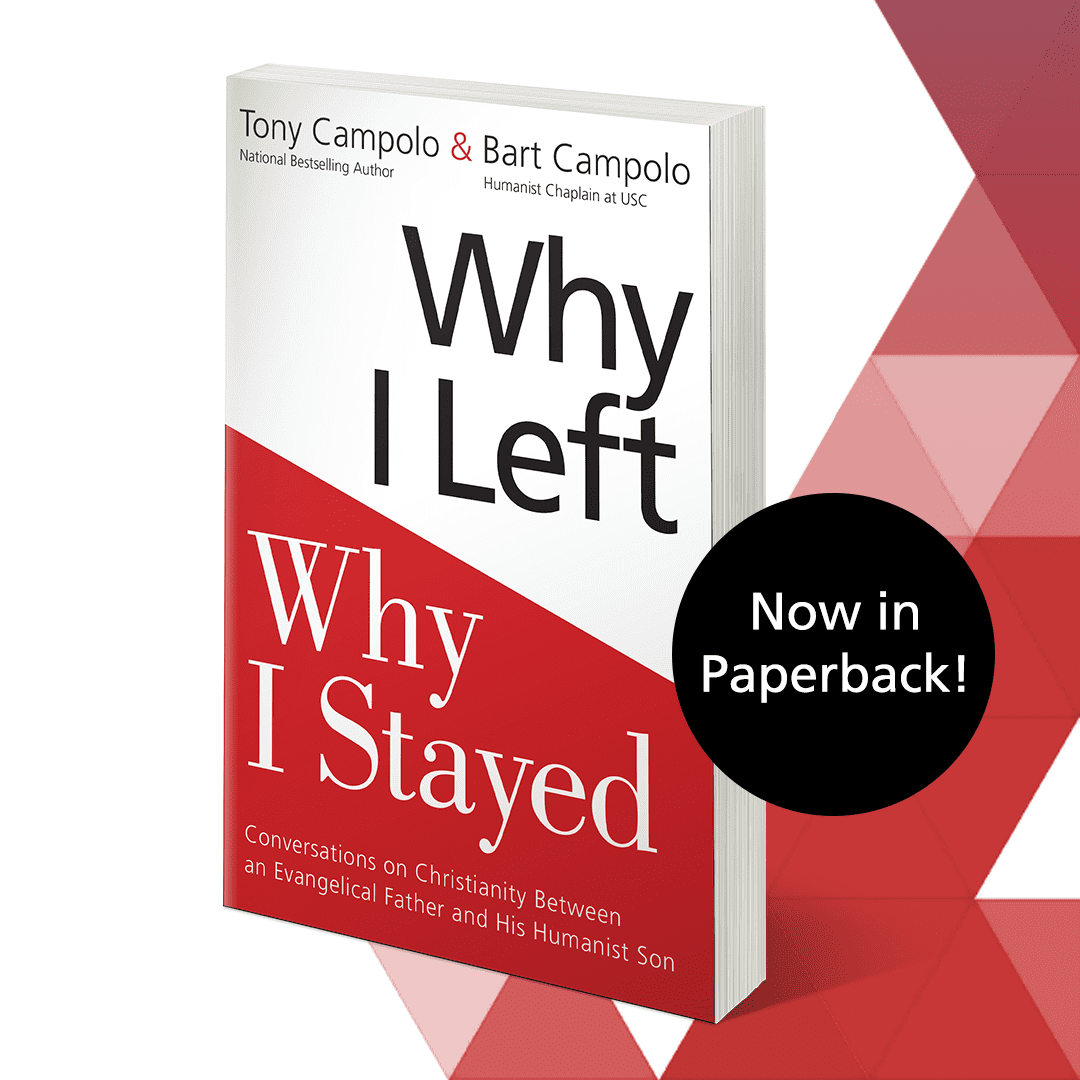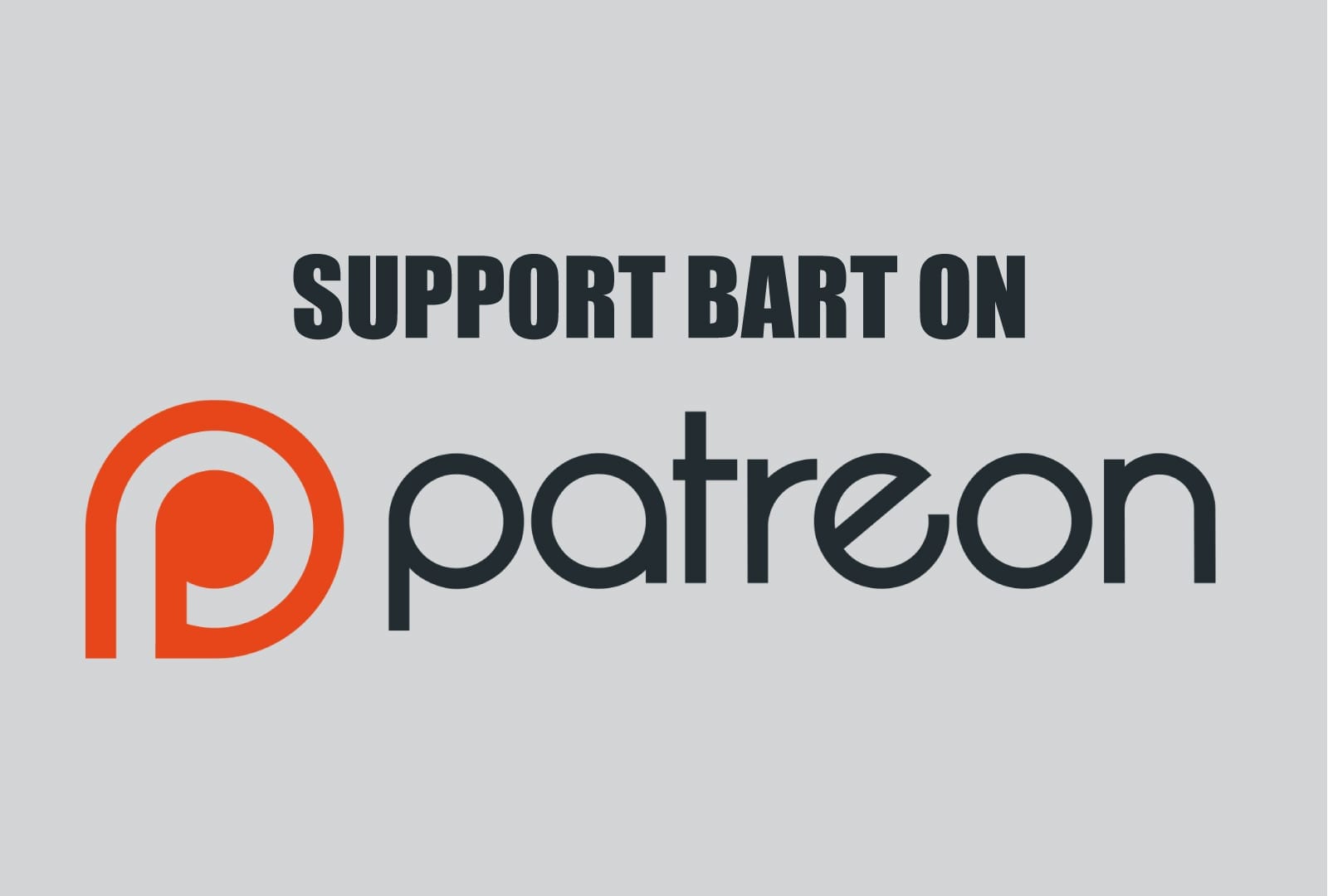Bart’s Blog
Wanna change some hearts and minds for the better?
On my bike ride to USC, I often use one ear to listen to podcasts while minding traffic with the other. I love plenty of episodes of WTF with Marc Maron, Science Friday, Freakanomics Radio, On Being with Krista Tippett, Beautiful Anonymous with Christ Gerhard, and Tangentially Speaking with Christopher Ryan, but all of them post the occasional dud. Since the beginning of time, however, This American Life has never let me down. Week in and week out, Ira Glass and company pump out hugely entertaining stories that make you laugh and cry and… think.
If you’re like me, you often finish a book, article or podcast and immediately think of a specific person who would love it, or who you think needs to hear it. A few weeks ago, however, this segment of This American Life, entitled For Your Reconsideration, made me think of virtually every good-hearted humanist in the world, including you.
Simply stated, if you’ve been wondering how we’re going to persuade all those folks who have lost their faith in God or never had any in the first place – but haven’t yet committed to pursuing loving relationships, doing work that helps other people, and cultivating a sense of awe and gratitude for the wonders of life – well… listen up!
How this ‘humanism’ thing works in practice
Rural Haiti isn’t the usual landing pad for recent USC graduates.
But then again, Adrian Saiz isn’t your usual USC graduate. He started out like so many others here, joining a fraternity, majoring in accounting, and quickly learning to balance hard partying and academic achievement while diligently networking valuable contacts, acing his internships and plotting his path to riches. Not surprisingly, by the end of last summer he’d earned a great job offer with a Big Four accounting firm. Then he woke up.
Honestly, I wish I could say it was hearing my guest lecture in one of his classes or being exposed to the Secular Student Fellowship by a friend, but the truth is that Adrian woke up all by himself. In the midst of his final internship, he somehow managed to pull away and look at himself in the mirror. He’d made lots of friends at USC, but none he truly loved or expected to keep for the rest of his life. He’d passed all his courses, but wasn’t sure he’d learned anything that really mattered. He was on the cusp of vast material wealth, but he hadn’t met anyone in the business world whose character or relationships inspired him. He was hungry for more.
He read Gandhi. He looked for volunteer opportunities. He started to meditate. And then, when he returned to school, he walked into USC’s Office of Religious Life looking for help. Because he doesn’t believe in God, they steered him to me.
“I don’t care about all that other stuff any more,” he told me during our first meeting. “I just want to feel more alive and connected. I’m not sure how yet, but I know I need to find a way to help people”.
Here’s the thing: I’m a humanist pushover. Spiritually speaking, I fall in love with practically every young person I meet, and as a result I often mistake casual curiosity and politeness for genuine interest and desire, especially in students as immediately charming and articulate as Adrian Saiz. I tend to get all excited, flood them with ideas, suggestions and resources, and scare them away. I’ve gotten better over the years, but with Adrian I pulled out all the stops. Fortunately, he was as eager as he seemed.
All last semester, Adrian came to dinners and SSF meetings. He joined our fall retreat and started some very different friendships. He and some of the other students started feeding the homeless on Thursday nights. Simply stated, Adrian took to proactive humanism like a duck to water, so much so that I wasn’t all that surprised when he came to my office shortly before graduation, wanting to talk about reneging on his fancy job offer in order to search for something more meaningful.
I don’t have all the answers for my young friends here, of course, but I do know lots of good people, including my old friends John and Merline Engle, genuine heroes who love and serve the poorest of the poor in a small village outside of Port-Au-Prince, Haiti. By the time Adrian had gracefully let down his would-be employers, John and Merline had agreed to host him for a month, to introduce him to the other side of privilege and offer some guidance as he considers a different kind of life. A few weeks ago, John sent this note:
hi bart,
wow, what a gem! we’ve loved having Adrian and the time is going way too quick!
what a class act he is. love him! and so does my family and everyone else. thanks again Bart. thanks so so much.
love,
john
When I clicked that link and read Adrian’s words, I cried tears of pride and joy. If you click it too, you’ll see why. Of course, Adrian is just one of the many young humanists I have the privilege of knowing, guiding and learning from here at USC. I look forward doing a better job of sharing our stories with you and helping you see how this new way of talking about love and justice and the surpassing value of relationships really works.
We’re raising up a new generation of goodness, after all, and we need your support. (If you’d like to learn you can help support this kind of stuff, tap HERE. To hear my podcast, go HERE.)
We keep ourselves from broken places
Last Sunday morning Marty and I drove over to Pasadena to hear Bryan Stevenson speak at All Saints Church. I’ve known Bryan since I was a little boy growing up on the campus of Eastern Baptist College and he was one of my father’s all-time favorite sociology students. Bryan went on to Harvard Law School and then moved to Montgomery, Alabama to found the Equal Justice Institute, which provides legal representation to indigent defendants and prisoners who have been denied fair and just treatment in the legal system.
Lately he’s become a strong voice in the conversation about race, poverty, police misconduct and mass incarceration, and I’ve watched with joy as his book, Just Mercy, and his TED talk, We Need to Talk About An Injustice have moved huge numbers of people to genuinely rethink our dominant American narrative.
Listening to Bryan, I was reminded of the power of proximity when it comes to living out our highest values. As long as we keep ourselves apart from the most broken places in our world, we can approach every form of injustice as a social issue, and feel good about ourselves so long as we hold the right opinion and vote the right way on that issue. When we get closer, however, and get to know the individual people who are being neglected and abused by our broken systems, and begin trying to make a difference, things quickly get a whole lot messier, as we discover our own brokenness – and often our own healing – in the midst of the struggle.
Bryan also reminded me of the power of stories, especially when it comes to motivating people to make the kind of sacrifices required to change things for the better. We secularists, and especially those of us who had to find our way out of supernatural religions, are often so enamored with our rational arguments and scientific evidence that we forget what reason and science tell us over and over again, loud and clear: We human beings are emotional animals.
A poem that reminds me…
As a young man, I ran a ministry called Kingdomworks, which recruited Christian college students to spend their summers in inner-city churches, organizing day-camps for children. Since becoming a humanist, I’ve heard from many of my former volunteers. Some are confused or disappointed by my transition, but others are thrilled that I’ve not only joined them on the other side of faith, but also have begun to communicate a new – to us at least – way of joyfully living for love and justice.
Yesterday I received a beautiful note from one of them, who said she’d found a poem that reminded her of my Christianity. Given who reads this blog, I reckon it may speak for some of you too.
Failing and Flying
by Jack GilbertEveryone forgets that Icarus also flew.
It’s the same when love comes to an end,
or the marriage fails and people say
they knew it was a mistake, that everybody
said it would never work. That she was
old enough to know better. But anything
worth doing is worth doing badly.Like being there by that summer ocean
on the other side of the island while
love was fading out of her, the stars
burning so extravagantly those nights that
anyone could tell you they would never last.Every morning she was asleep in my bed
like a visitation, the gentleness in her
like antelope standing in the dawn mist.Each afternoon I watched her coming back
through the hot stony field after swimming,
the sea light behind her and the huge sky
on the other side of that. Listened to her
while we ate lunch. How can they say
the marriage failed? Like the people who
came back from Provence (when it was Provence)
and said it was pretty but the food was greasy.I believe Icarus was not failing as he fell,
but just coming to the end of his triumph.
A conversation with a student called Ray
A few days ago I met one of my favorite USC seniors for breakfast. Ray is not usually awake before 10 am, so I considered it a compliment that he rolled out of bed for me. I’d have been more flattered if he’d combed his hair as well, but that’s really just bald man jealousy on my part. In any case, soon enough we were up to our ears in the kind of conversation that makes this work both meaningful and a little bit scary.
We started out talking about Ray’s classes, but as is often the case with seniors, the conversation quickly turned to his plans for after graduation, which include a tour of Europe, an internship in Southeast Asia, and a PhD program before long. Ray was already committed to loving relationships and social justice when I met him last year, and it’s been a joy to watch him grow as a humanist ever since. I’m not sure what he’ll do for a living, but there’s no doubt in my mind that he’ll spend his life making things better for other people. In the meantime, though, I’ve been kind of curious about his love life. After all, for better and worse, romantic relationships are often where the action is when it comes to defining values and pursuing goodness in an intentional way.
In this case, I knew Ray had broken up with his steady girlfriend last semester, and he’d made no secret of the fact that lately he’d been having a lot of fun with a smartphone app called Tinder, which is most often used by young adults looking for immediate, no-strings-attached sexual encounters. So then, I asked him to explain how all that stuff actually works real life. I quickly discovered that he’d met up with nearly a dozen strangers in the past month and had sex with roughly half of them. They were all nice people, he said, but none of them – including him – had expressed any interest in getting together again. It was all just for the moment, just for fun.
If you think I’m working up to some kind of aggrieved moral judgment here, well, think again. I won’t deny that that kind of casual, technology-enabled sexual promiscuity freaks me out a little bit, or even that it makes me sad sometimes, but the older I get, the more aware I am that my sensibilities are anything but objective, and that what worked in my day doesn’t necessarily work so well for my young friends. Slowly but surely, I’m learning that my job here is to lovingly ask more and better questions rather than trying to force my one-size-fits-all answers down everybody else’s throats.
Fortunately, I’d just finished reading Sherry Turkle’s now book, Reclaiming Conversation: The Power of Talk in a Digital Age, which has a whole chapter on the ways new technologies are reshaping our romantic relationships, and I’d just listened to podcast of Barry Schwartz’s TED talk about the paradox of choice, which explains how having too many options causes people to be less satisfied with whichever one they choose, so I had loads of good questions for Ray and me to wrestle with together. We wondered about the long term effects of an unlimited supply of easily available sexual partners. We speculated about the dangers of commoditizing – and being commoditized in return by – other human beings. Ray openly described his eagerness for a lifetime partnership like his parents’, and I observed how many of the most important qualities of Marty’s and my marriage wouldn’t show up or be valued in today’s dating economy. While I took care not to criticize Ray’s desires, I pushed hard for him to think more carefully about how well his day-to-day behavior lined up with his overall values and goals in life.
“This was a great conversation,” he said as after we finished. “Honestly, you’re the first older person I’ve heard who doesn’t just seem jealous about not having this kind of access to recreational sex back in the day.” He paused for a moment, before adding, “Anyway, thanks for being here, and not just today. You’ve changed a lot of lives, you know. Someday me and the rest of us students are going to start making money, and when that happens you’ll have all the support you need for this chaplaincy.” Then, as we hugged goodbye, he added, “I just hope you can hold on until then.”
That’s what I hope too, of course, which is why I’m still raising money for the chaplaincy on the one hand, and looking for a paying job that keeps me close to campus on the other. There’s no way I’m going to give up this kind of campus ministry. We’re not just building a warm and wonderful humanist community here, after all; we’re raising up a new generation of thoughtful, loving, proactive humanist leaders, who will spread out and do lots of good all over the world.
On being ‘ministers’
Ever since I became a humanist, I’ve been trying to work the word ‘ministry’ into the secular lexicon. After all, almost every government but ours calls its various departments ‘ministries’ (and their heads ‘ministers’) because they tend to the various needs of its citizens. Plain and simple, ministry is a great descriptor of effective, intentional care or service, whether or not it has anything to do with believing in God.
There are lots of words like that. Fellowship, mission, monastic, and even spirituality could all be helpfully utilized by secular community builders if we weren’t so afraid of being confused with our supernaturalist counterparts. Mind you, I don’t want to take those words away from anybody; I want to share them with everybody who’s doing what we’re doing, which is bringing people together to intentionally pursue goodness, love and justice.
This thought came to mind again today when one of my humanist pals alerted me to this post by one of my Christian heroes, Hugh Hollowell, who cares for homeless people in Raleigh-Durham, NC in the most beautiful way:
The best ministry advice I ever got, way back at the very beginning. I was so scared, and sinking. So I sent an email…
Posted by Hugh L. Hollowell on Friday, January 15, 2016
Hugh knows I don’t believe in God anymore, and he also knows I stand by every word I wrote to him back when I did. Make no mistake; we’re all called to be ministers, if not by God, then by the better angels of our natures. Thanks Hugh.


